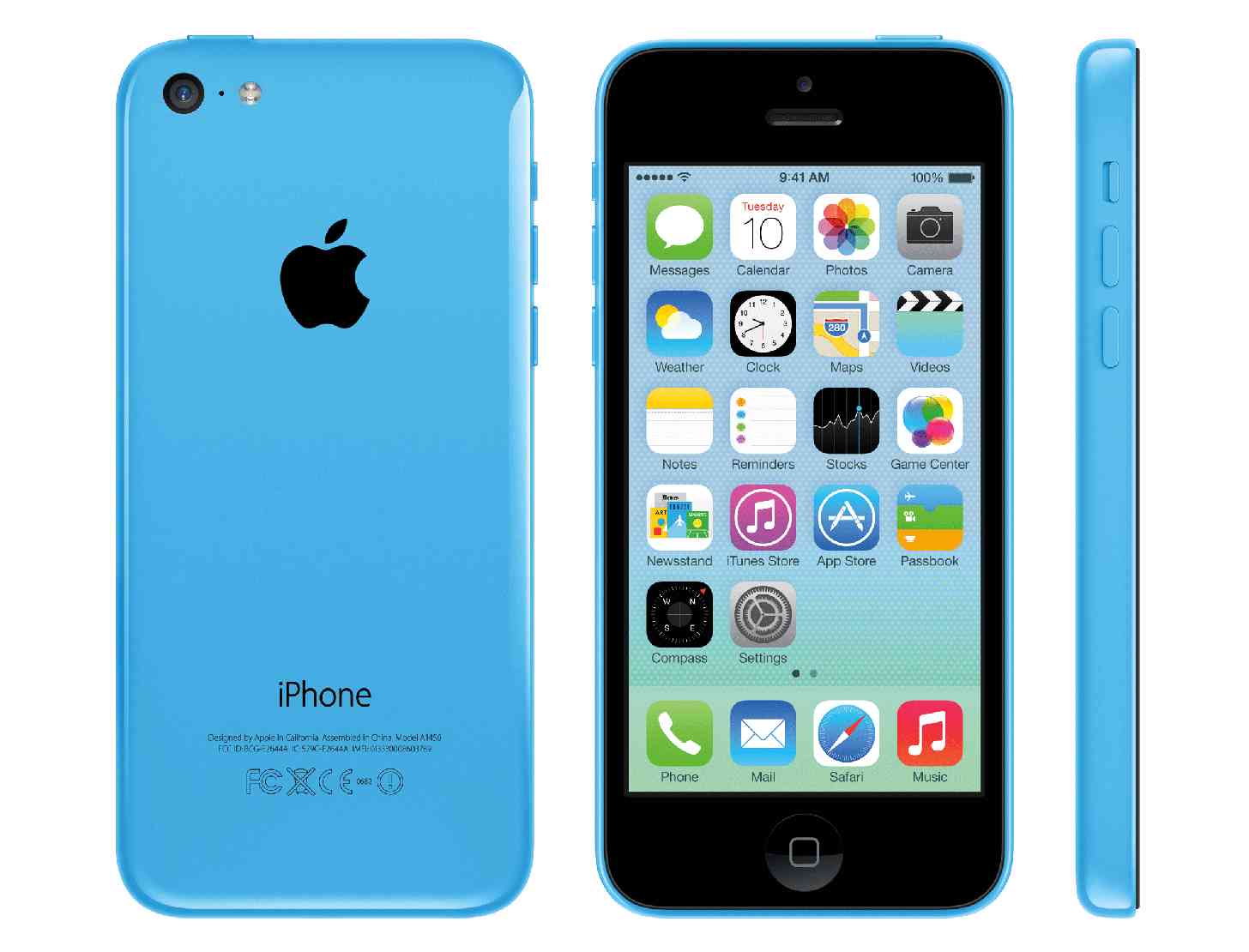
Earlier this month, a judge ordered Apple to help the FBI access an iPhone 5c that belong to one of the San Bernardino terrorists by eliminating the feature that destroys the phone’s data after too many failed password attempts. Apple has since said that it will not comply, and it’s now filed a motion to have the judge’s order removed.
In its motion, Apple says that “this is not a case about one isolated iPhone,” which is one argument that the government has made. Apple goes on to argue that the Department of Justice and FBI are seeking “a dangerous power” to force companies to compromise the security and privacy of people around the globe.
Apple also says that it believes that the software “backdoor” — which it also refers to as "GovtOS" — that the government wants is too dangerous to build and that, despite the government saying that it wants such a tool “just this once,” Apple says “the government knows those statements are not true; indeed the government has filed multiple other applications for similar orders, some of which are pending in other courts.” Apple suggests that if it does create a backdoor for the government, it’ll be days before another prosecutor asks for a similar backdoor, using this case as precedent.
Finally, Apple argues that the judge’s order violates the First and Fifth Amendments. Apple says that the First Amendment prohibits the government from ordering Apple to create code and build the GovtOS that the government would need to access the terrorist’s iPhone. Apple goes on to argue that the order also violate’s the Fifth Amendment’s due process clause.
You can read Apple’s full motion right here.
Apple has also recently earned more support for its cause from major tech entities. Following backing from Google, Twitter, and Facebook, both Microsoft and Verizon have voiced their support for Apple. Microsoft Chief Legal Counsel Brad Smith said that Microsoft will file an amicus brief in support of Apple next week. Meanwhile, Verizon CEO Lowell McAdam says that “Verizon is committed to protecting user privacy and one of the tools for protecting that privacy is encryption.